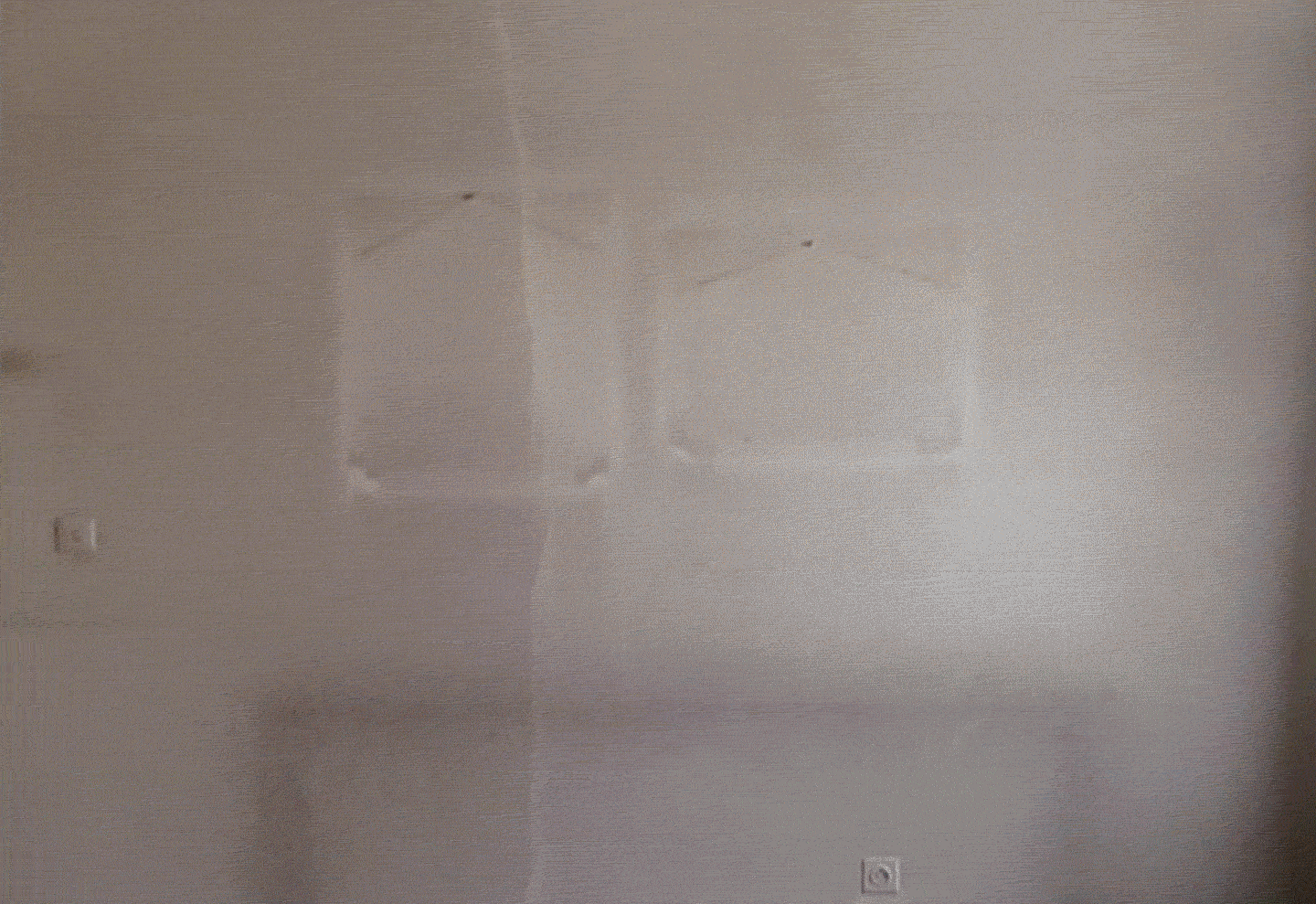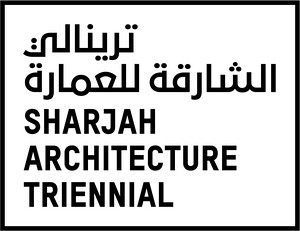Final selection of participants and projects announced
November 9, 2019–February 8, 2020
Sharjah
United Arab Emirates
Sharjah Architecture Triennial announces final group of participants and highlights of the opening weekend programme—four days of events that will explore the theme Rights of Future Generations through talks, performances, and music.
Curated by Adrian Lahoud, the inaugural edition of the Triennial sets out to rethink fundamental questions about architecture and places the relationship between generations at the heart of our struggle to avert the climate crisis. Both the opening programme and the participating projects demonstrate the diverse strands of enquiry within the theme, and suggest multiple ways of addressing architecture’s pivotal role in shaping our co-existence with others against extractive modes of living.
Opening Programme: November 9-12
Free and open to the public throughout all four days, the public programme will unfold along three perspectives: Afterlives, Intergenerational Transmissions, and Devotional Practices. The inaugural days will open with a walk from Sharjah’s dhow port to the Old Al Jubail Vegetable Market; a press conference by Maurice Hilgado, chief of the Huatacondo community (northern Chile) in the Al-Qasimiyah School; and an awakening ceremony by the custodians of the Ngurrara Canvas II, which will be displayed in the Sharjah Art Foundation. Each event will be followed by a series of performances, talks, and screenings by Triennial participants and invited guests. The music programme, developed in collaboration with Ma3azef (an online magazine dedicated to contemporary Arabic music), will feature a variety of performances across the days.
Rights of Future Generations Working Group
The Working Group is a forum for policymaking and advocacy chaired by Lumumba Di-Aping, chief negotiator for the G77 countries at the 2009 Copenhagen Summit and advisor to H. H. Sheikh Dr. Sultan. It will convene to write a charter on the rights of future generations, to be presented in February 2020. On November 12, 2019, the Working Group will begin its activities with a policy day at Sharjah’s Africa Hall. The day will see interventions by Dilma Rousseff (36th President of Brasil), María Fernanda Espinosa (President of the United Nations General Assembly), and other invited speakers.
Participants and Projects
Feral Atlas brings together more than 70 scientists, humanists, artists, and designers to offer field observations on the more-than-human Anthropocene. Developed in association with AURA (Aarhus University Research on the Anthropocene) and James Cook University, the project is organised by visual anthropologists Victoria Baskin Coffey and Jennifer Deger, together with artist and architect Fei Zhou, and anthropologist Anna Tsing.
Inspired by Frantz Fanon’s Pan-Africanism and revolutionary new humanism, Black Studies scholar Greg Thomas leads a project with artist and filmmaker Fatou Kande Senghor, painter Ivan Lopez, Diaz and the musical project El Houma, multimedia artist Merine, photographers Djibril Drame and Nadjib Bouznad, street calligrapher LMNT, scholar Luc Chauvin, and sound artist Kamel Badarneh on the relation between “body politics” and “the body politic.” The group will consider social relations between species and the environment as elemental concerns for anti-colonial and anti-neocolonial practices.
Architects Hamed Khosravi and Roozbeh Elias-Azar with artist Nazgol Ansarinia reflect on spatial imaginaries of domestic spaces in the city of Tehran. They reinterpret the codes and protocols of a typical apartment block through the fragmentation of its constituent parts and its reassembly—a process that looks to enable a continuous revolution that begins at home.
The Otolith Group, formed by the artists and theorists Kodwo Eshun and Anjalika Sagar, think with Blackness and Denise Ferreira da Silva’s “equation of value” for a new commission that continues their exploration of the conditions of post-human life. Working with the poetics of vocality, choreography, and animation, the project looks at the entanglements of climate and racism in the creation of The Commonwealth, the 1948 British Nationality Act, and the unstable and ambient fear that constitutes citizenship in the UK today.
Read about the complete list of participants and their projects on the Triennial’s website.
Propositions
Four architecture offices—Lina Gotmeh Architects, LEFT, Civil Architecture, and all(zone)—have been invited to develop proposals for re-imagining the Emirate of Sharjah in response to the themes of housing, schooling, and environment. Each office will present their architectural proposal in a series of stakeholder workshops involving the Triennial’s board members which include the Sharjah Urban Planning Council, environmental and waste management company Be’eah, and the American University of Sharjah. The aim is to generate new and long-lasting discussions about the future of Sharjah. The propositions will be exhibited as part of the inaugural Triennial.
For further information please contact:
Pelham Communications: T +44 (0) 20 89693959 / @pelhamcomms
Sophie Campos: sophie [at] pelhamcommunications.com
Eleanor Gibson: eleanor [at] pelhamcommunications.com



